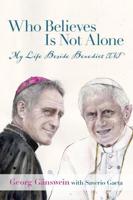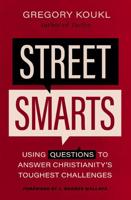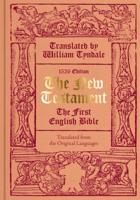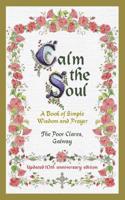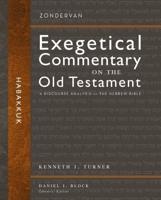Publisher's Synopsis
Dogma is one of those words. Many people see dogma as a bad thing-as the unreasonable, unthinking adherence to a belief, even in the face of contrary evidence. But when the Catholic Church presents some of her teachings as dogmas, she does not mean that these tenets are irrational or to be thoughtlessly embraced. Dogma is the bedrock of truth, an inexhaustible feast for the mind, not an impediment to thinking. Why? Because dogmas rest on the Word of God, Truth Himself, who can neither deceive nor be deceived, and who wants his Word to be known.
The great theologian Charles Journet explores the meaning of dogma in his classic work What is Dogma? In what sense are dogmas an object of faith? How do reason and faith relate to dogmas? How are dogmas both essentially unchangeable and yet open to development? Are dogmas accessible only in learned theological language or are there common-sense ways of understanding them? Journet addresses these and other important questions. He also discusses examples of dogmatic development: the dogmas of the Trinity, of Christology, and of Mariology. And he explores the relationship of dogma and mystical contemplation. In short, Journet shows why "dogma" is a subject of which Catholics need not be afraid.




